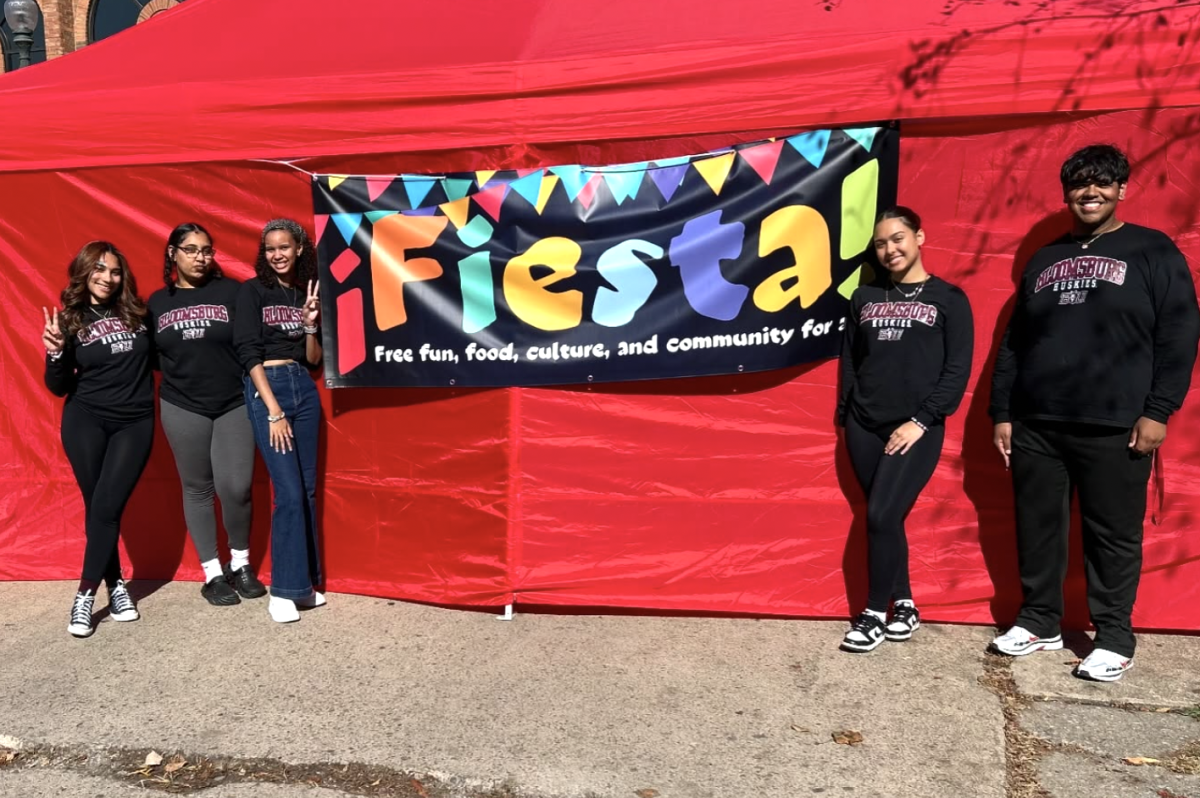Voting rights have been an educational topic taught in middle and high school classrooms. Students learn that the phrase, ‘voting rights,’ is a legal and constitutional protection designed to ensure the majority of adult citizens have the opportunity to vote.
However, what about the minority? Are all those within the U.S. eligible enough to vote? The struggle for equal voting rights dates back decades in American history, and once again U.S. citizens face new obstacles when voting.
“To think we are going back in time is shocking,” Bloomsburg resident, Krystal Phouthavong states in a sit-down, “You would imagine that because of all the important poll topics up for debate- like abortion, gun laws, the election, even electing governors- you would imagine that everyone would have equal opportunities.”
To make sense of the whole ‘history repeats itself’ metaphor, let’s start from the beginning. Despite their beliefs regarding democracy during the 17th century, the U.S. Founding Fathers accepted and pushed severe limits toward voters. Many of these states’ legislatures restricted voting to white male property holders/landowners only.
That is until Congress passed the Fifteenth Amendment during the 19th century; ensuring different racial groups could not be denied the right to vote. This wasn’t taken very lightly amongst certain states in the U.S., especially in the South.
Barriers were then put into place to prevent African American men from voting. Potential voters were either forced to pay money to vote due to poll taxes or demonstrate reading skills before being allowed to cast their ballots.
Women also began to speak out regarding their views on voting during the early 20th century. Partaking in activism and organizing in a multitude of states, by 1920, women nationwide had won the right to vote.
It wasn’t until the Spring of 1965, after Congress’s admiration towards U.S. citizens grew, that the Voting Rights Act was passed. Which, today, is now a landmark piece of federal legislation in the United States that prohibits racial discrimination in voting.
However, citizen’s voting rights are under attack once again as states pass voter suppression laws. Making it harder for African Americans, the elderly, and those with disabilities to vote. These suppression laws also place special burdens on racial minorities, those in poverty, as well as young and old voters.
Today, cutting voting times, imposing stricter voter identification (ID) laws, restricting registration, and purging voter rolls have been the efforts to restrict voting rights. So far, these barriers have managed to keep a significant number of eligible voters out of the polls, especially after Congress weakened the Voting Rights Act in 2013.
During that year, the U.S. Supreme Court issued a case called Shelby County versus Holder, and many voting rights have been stripped since. For example, polling place closures to disenfranchise voters of color, and voter ID laws that require citizens to show proof of identification and proof of American citizenship.
“I can understand proof of identification and citizenship when it comes to voting,” Bloomsburg sophomore, Gabrielle Milne states, “But for polling place closures to come into effect is highly discriminatory, especially during 2013.”
“We’re taught about voting rights in school and that it is every American’s right to vote,” Milne continues, “I’m just baffled at the idea that even with all that has happened since not only the 17th century, but also in 2013, but topics like voting rights are still up for debate today.”
Change needs to happen! This is where the American Civil Liberties Union (ACLU) comes into play. ACLU has been working to build and defend an accessible, inclusive, and equitable democracy free from racial discrimination. Believing that all Americans should be eligible to vote, voting should be free and easy, and all people should count equally.
“This upcoming election is, no doubt, one of the most influential elections in U.S. history,” says Bloomsburg freshman, Lakota Shaw, “I plan on voting this year, and do believe that everyone should have the right as well.”
“I have my own political views, like everyone else, and we should have the right to act on those views,” Shaw continues. “Of course, when hearing about ACLU and what’s been going on regarding voting rights today, I couldn’t be more on board with the organization’s cause.”
This year, the presidential election is said to take place in November, and candidates continuously encourage U.S. citizens to take part in this year’s voting poll. However, how can we when our voting rights are to face obstacles regarding stricter voter ID laws, restricting registration, and purging voter rolls? With organizations such as the ACLU coming into play to protect our rights and work to build an inclusive democracy, all U.S. citizens will have a chance to take part in this year’s election.




















